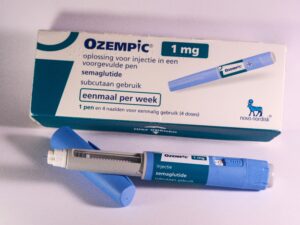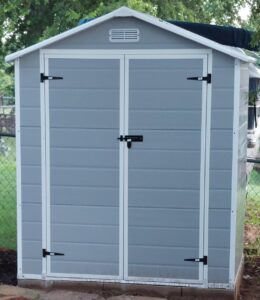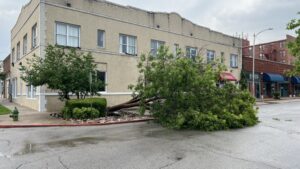Winter is upon us and it is time to make sure your vehicle is ready for the upcoming inclement weather.
Check your tires for wear. Worn tires are dangerous, especially in winter weather. Inspect your tires for remaining tread life and uneven wear. Examine the sidewalls for cuts and nicks or cracking due to age. To check treadwear, place a penny in the tread groove of your tire with Lincoln’s head facing you. If Lincoln’s entire head is visible, it is time to replace the tires. Check your tire pressure every time you fill up and rotate your tires every oil change. Make sure your spare is inflated and that your jack is in working order. When replacing tires look for tires that are rated “all-season.” Snow tires are rarely needed in Oklahoma. However, should you choose to buy snow tires, it’s recommended that you mount the snow tires on spare rims since it is not advisable to drive on them year-round in Oklahoma.
Check your battery. Having a strong battery is essential in cold weather. A marginal battery may fail when there is a sudden, sharp drop in temperature. The only way to accurately assess your battery’s health is with professional equipment. Most auto parts stores will give a free battery analysis. However, there is some DIY maintenance that can be performed to make sure your battery does its job. If the battery has removable caps, check the fluid level, and if necessary, add only distilled water. Using rubber gloves and protective eyewear you may clean battery posts, cables, and connections, as well as tighten all terminals. To prevent corrosion, place rubber covers over terminals, or use petroleum jelly to coat the battery posts and terminals. NOTE: Disconnecting the battery may cause the loss of data and codes in later model vehicles. Consult your owner’s manual first.
Replace worn wiper blades. Vehicles that stay outside need wiper blades more often. The ultraviolet in sunlight degrades the rubber. Buy blades that are designed to prevent ice buildup.
Use the proper washer fluid. You should fill the windshield washer reservoir with winter- formula fluid. It should contain de-icer, cleaner, and repellent. Be sure to stock up and carry some fluid in your trunk. You should also carry a scraper. A telescoping scraper/brush is ideal, especially if you drive a truck, SUV, or van.
When the temperature drops below freezing add fuel de-icer to your gas tank. Keeping a full tank of gas also prevents moisture in the tank.
The cooling system should be checked. Coolant is usually red, green, blue, or yellow. If it lacks color, looks rusty, or has solid particles in it, you should drain and flush your cooling system, and replace it with a new coolant. Here in Oklahoma, a 50-50 mix of water and antifreeze will suffice. You should check hoses and clamps, and inspect drive belts for wear or cracking. If you feel uncomfortable doing this maintenance yourself, take your vehicle to your local mechanic. If the coolant has an oily surface, take it to a mechanic immediately.
Make sure your heater and defroster are functioning properly. A working heater is important for passenger comfort and a functioning defroster is essential for driver visibility.
Have your exhaust system checked by a professional. Exhaust fumes entering your vehicle’s cabin can be deadly. The trunk and floorboards should be inspected for holes.
Inspect all exterior lights. Clean road grime for lenses; avoid using a dry cloth. Clouded headlight lenses can be cleaned by service professionals or using DIY kits at auto parts stores.
Change oil and oil filter. Winter driving involves a great deal of idling and requires more frequent oil changes.
Check the air filter. A dirty air filter decreases engine efficiency. If the vehicle is equipped with a cabin filter, it should be checked, and if necessary, replaced.
Carry an emergency kit. It should contain the following items: road flares, emergency triangles, jumper cables, a quart of motor oil, a quart of transmission fluid, a gallon of pre-mixed antifreeze, a tool kit for making minor repairs, toilet paper, paper towels, a flashlight with extra batteries, a spare cell phone, charger, or battery pack, antibacterial wipes, zip-lock bags, extra gloves, boots, blanket, or an all-weather poncho, a small shovel, a bag of cat litter, non-perishable, food, extra medicine, and water.










